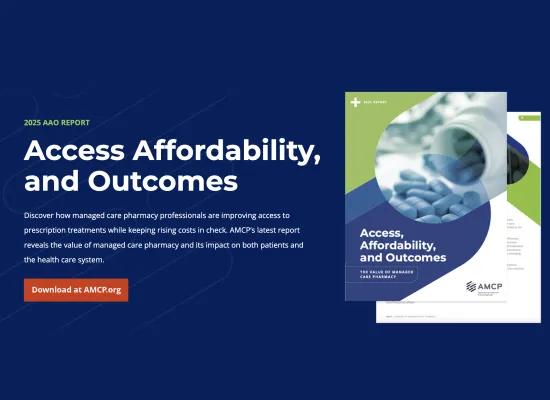
Immunization Providers Need to Work Together to Increase Access to Lifesaving Childhood Vaccines
There are no greater public health priorities today than defeating the COVID-19 pandemic and protecting our nation from other vaccine-preventable diseases like the seasonal flu. We need all hands on deck to improve Americans’ access to life-saving vaccines during these difficult times.
For that reason, we celebrate the action by the U.S. Department of Health and Human Services (HHS) to expand pharmacists’ role in providing life-saving vaccines to children. HHS authorized pharmacists to deliver all vaccines to children from ages 3 to 18 that are recommended by CDC’s Advisory Committee on Immunization Practices and authorized or licensed by the Food and Drug Administration – irrespective of any existing state laws or regulations to the contrary. In truth, the current patchwork of state laws makes little clinical sense and serves only to make it unreasonably difficult for parents to get their children vaccinated. As members of the immunization neighborhood we are committed to consistent collaboration, coordination, and communications with other health care professionals to address the public health needs of our patients and communities.
As HHS Secretary Alex Azar stated, “This increases access to lifesaving childhood vaccines and decreases the risk of vaccine-preventable disease outbreaks.” In its authorization, HHS cites CDC data on the declines in routine pediatric vaccine ordering and doses administered as the reason why this activation of pharmacists to administer vaccines is necessary during the public health emergency.
Why pharmacists? Pharmacists are well educated about vaccines. Nearly every pharmacist in America who would be called upon to administer vaccinations has already completed the level of training to which Secretary Azar refers – and has prior experience vaccinating patients. Pharmacists are also the nation’s most accessible health care professionals, with 90 percent of Americans living within five miles of a community pharmacy. And, every survey ranks pharmacists as one of America’s most trusted professions.
All licensed and trained healthcare practitioners have crucial roles to play in ending this pandemic – that does not change with this order. Statements made by those who disagree with HHS’ action must acknowledge the fact that overall vaccination rates are falling, and families’ visits to healthcare providers are still below pre-pandemic levels, influenced by vaccine hesitancy or loss of employment during COVID-19. Engaging pharmacists to increase immunization access and capacity across the U.S. will provide increased prevention and facilitate needed referrals to primary care providers.
The authority provided by HHS also contemplates collaboration and communication with other members of the healthcare and public health communities through documentation, referral, and public education efforts. We are committed to working with all providers to serve the public health needs of our communities. Now, more than ever, healthcare practitioners must work together to put patients first.
Thanks to HHS’ action, families now have the opportunity to receive much needed vaccines from the healthcare practitioner of their choice, whether it is a pharmacist, physician, nurse or other appropriately licensed and trained healthcare practitioner. Pharmacists stand ready, willing, and able to work with our colleagues across the health care continuum to end this pandemic as soon as possible. Working together we can make a difference for our patients and communities during COVID-19 and beyond.
American Pharmacists Association
Academy of Managed Care Pharmacy
Accreditation Council for Pharmacy Education
American Association of Colleges of Pharmacy
American College of Clinical Pharmacy
American Society of Consultant Pharmacists
American Society of Health-System Pharmacists
College of Psychiatric and Neurologic Pharmacists
Hematology/Oncology Pharmacy Association
National Association of State Pharmacy Associations
National Community Pharmacists Association
National Pharmaceutical Association
###
AMCP is the professional association leading the way to help patients get the medications they need at a cost they can afford. AMCP’s diverse membership of pharmacists, physicians, nurses, and professionals in life sciences and biopharmaceutical companies leverage their specialized expertise in clinical evidence and economics to optimize medication benefit design and population health management and help patients access cost-effective and safe medications and other drug therapies. AMCP members improve the lives of nearly 300 million Americans served by private and public health plans, pharmacy benefit management firms, and emerging care models.
AMCP advocates at the national and state level for developing and applying evidence-based medication use strategies that improve access to medication, enhance patient and population health outcomes, and safeguard the wise use of health care dollars. Visit www.amcp.org.
Contact:
Abigail Fredenburg
@email
703-684-2652
Featured News & Resources
See Full CalendarAward Applications Open
AMCP eLearning Day: Nexus Encore
AMCP 2026 Registration Opens
Upcoming Events
AMCP offers a wide variety of educational opportunities, from events and webinars to online training.







